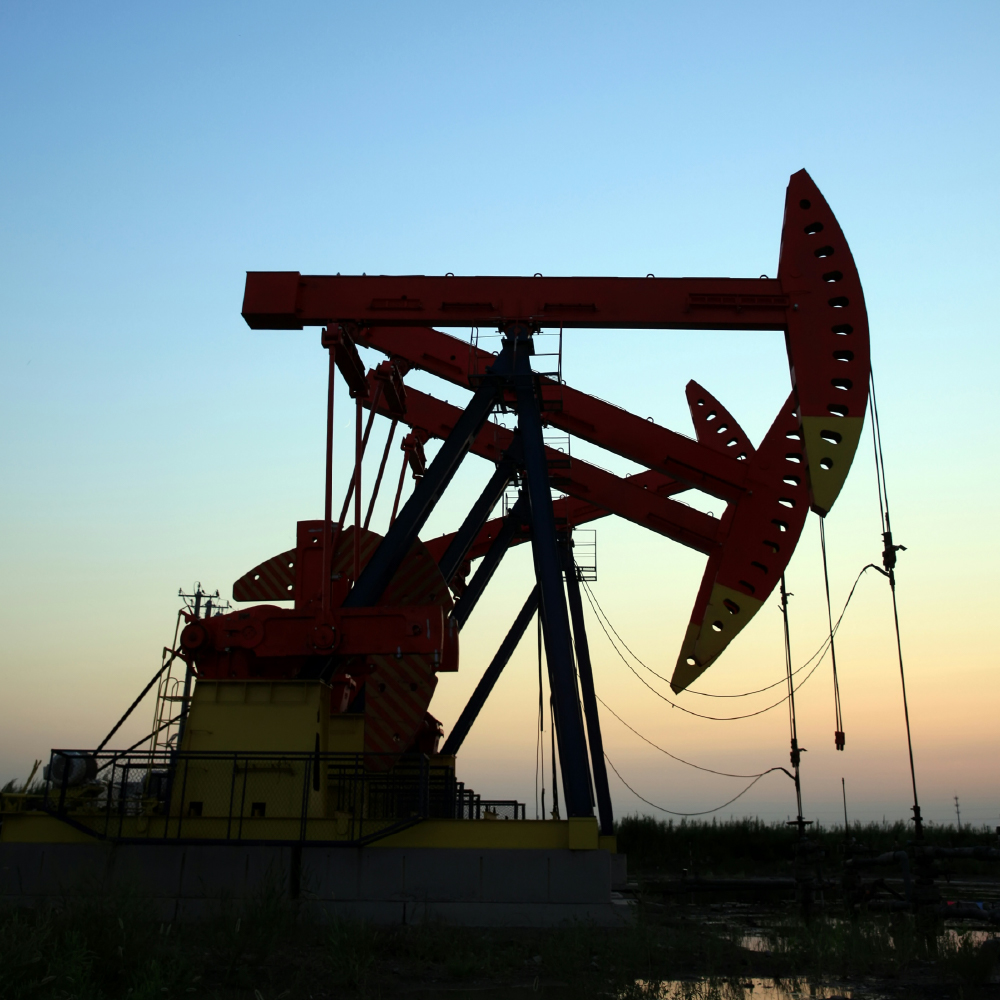
Oil well exploration is a dynamic field, constantly evolving with technological advancements and environmental considerations. As the global energy landscape shifts, the future of oil well exploration is poised for significant transformation. Here’s a look at the trends, technologies, and challenges shaping the future of this critical industry.
Advancements in Exploration Technology
Advancements in technology are revolutionizing the future of oil well exploration. Innovations such as seismic imaging, data analytics, and artificial intelligence (AI) are leading the charge.
Seismic imaging has substantially improved, providing more precise data about subsurface formations. High-resolution seismic surveys and advanced processing algorithms enable geologists to create detailed 3D models of underground structures. This enhanced imaging capability allows for a more accurate location of potential oil reserves, reducing the need for
exploratory drilling and minimizing environmental impact.
Data analytics and AI are transforming how exploration data is analyzed. Machine learning algorithms can sift through vast amounts of geological and seismic data to identify patterns and predict oil reservoirs’ locations. These tools help make data-driven decisions, improving exploration activities’ efficiency and success rate.
Environmental Considerations and Sustainability
Environmental concerns are increasingly influencing oil well exploration practices. The industry faces mounting pressure to balance exploration activities with sustainability and environmental protection. As a result, there is a growing emphasis on adopting greener technologies and practices.
Hydraulic fracturing, or fracking, has been controversial due to its environmental impact. However, new techniques and improved regulations aim to minimize its ecological footprint. For instance, advancements in water recycling and treatment technologies are helping to reduce the amount of freshwater used in fracking processes and mitigate contamination risks.
Moreover, companies are exploring alternative energy sources and investing in renewable energy technologies. As the demand for cleaner energy sources grows, the oil and gas industry increasingly seeks to diversify its energy portfolio, integrating renewable energy projects alongside traditional oil exploration.
The Role of Data and Digital Twins
Data plays a crucial role in modern oil well exploration. The integration of digital twins—virtual replicas of physical assets—enables real-time monitoring and analysis of exploration operations. Digital twins provide a dynamic model that can simulate various scenarios, predict potential issues, and optimize performance.
In oil well exploration, digital twins monitor drilling equipment, assess reservoir conditions, and manage production processes. By integrating data from sensors and other sources, these virtual models offer valuable insights that help make informed decisions and improve operational efficiency.
Digital twins also enhance safety by allowing for virtual testing and simulations before physical implementation. This approach helps identify and address potential risks proactively, reducing the likelihood of accidents and environmental incidents.
The Impact of Geopolitical and Economic Factors
Geopolitical and economic factors play a significant role in shaping the future of oil well exploration. Political stability, trade policies, and economic conditions influence exploration activities and investment decisions.
Oil-rich regions often face geopolitical challenges that can affect exploration efforts. Political instability, regulatory changes, and conflicts can disrupt exploration projects and impact oil supply chains. Companies must navigate these complexities and adapt their strategies to mitigate risks associated with geopolitical uncertainties.
Economic factors such as oil prices and market demand influence exploration decisions. Fluctuations in oil prices can impact investment levels and project viability. Companies may adjust their exploration strategies based on market conditions, seeking opportunities in regions with favorable economic prospects or adopting cost-effective technologies.
Future Trends and Innovations
Several trends and innovations are set to shape the future of oil well exploration.
Enhanced Drilling Techniques:
Innovations in drilling technologies, such as automated drilling systems and advanced materials, are improving the efficiency and safety of exploration activities. These techniques enable deeper and more precise drilling, accessing previously unreachable oil reserves.
Integration of Blockchain Technology:
Blockchain technology is being explored for its potential to enhance transparency and traceability in exploration operations. By providing a secure and immutable record of transactions, blockchain can improve data integrity, reduce fraud, and streamline supply chain management.
Focus on Carbon Capture and Storage:
Carbon capture and storage (CCS) technologies are gaining attention as the industry faces pressure to reduce greenhouse gas emissions. CCS involves capturing carbon dioxide emissions from exploration and production processes and storing them underground. This approach helps mitigate the environmental impact of oil extraction and aligns with global efforts to combat climate change.
Challenges and Opportunities
The future of oil well exploration presents both challenges and opportunities. While technological advancements offer promising solutions, the industry must address several key challenges.
Environmental and regulatory challenges require ongoing efforts to develop and implement sustainable practices. Companies must adapt to changing regulations and invest in technologies that minimize their ecological footprint.
Economic uncertainties and geopolitical risks also pose challenges. Companies must navigate fluctuating oil prices, political instability, and trade tensions while seeking opportunities for growth and innovation.
Despite these challenges, the future of oil well exploration holds significant opportunities. By embracing new technologies, prioritizing sustainability, and adapting to evolving market conditions, the industry can continue to thrive and contribute to the global energy landscape.
The future of oil well exploration is marked by rapid technological advancements, increasing environmental considerations, and evolving geopolitical and economic factors.
As the industry navigates these changes, it must balance innovation with sustainability and address the challenges ahead. By leveraging new technologies and embracing a proactive approach to environmental and economic factors, oil well exploration can continue to play a vital role in meeting global energy needs while striving for a more sustainable future.